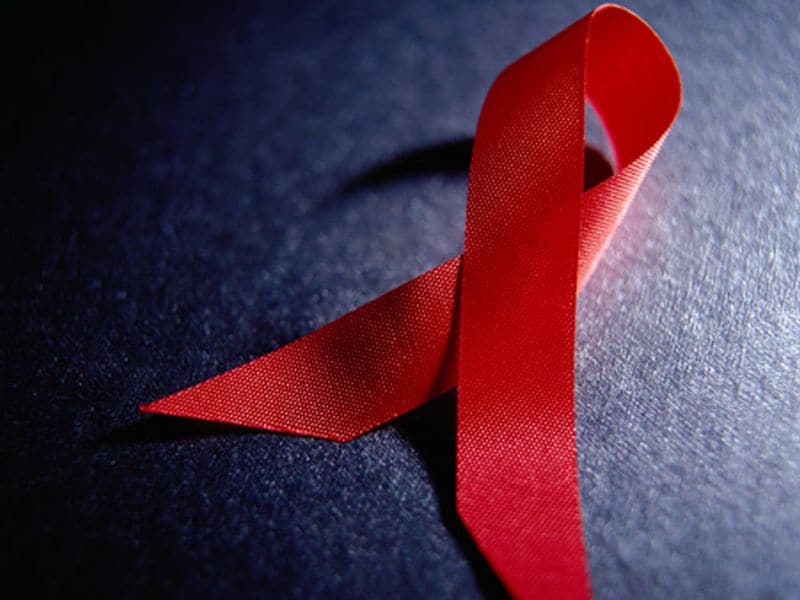About half of survey participants recruited from HIV CME courses reported ever prescribing PrEP
TUESDAY, Sept. 22, 2020 (HealthDay News) — Even among HIV-focused practitioners, preexposure prophylaxis (PrEP) prescribing is not routine, according to a study published online Sept. 3 in PLOS ONE.
Ashley A. Leech, Ph.D., from Vanderbilt University in Nashville, Tennessee, and colleagues surveyed 954 prescribers focused on providing HIV care, recruited from continuing medical education advanced-level HIV courses in five locations across the United States, to assess practitioner practices and preferences of PrEP.
The researchers found that only 54 percent of 519 survey respondents reported ever prescribing PrEP. Compared with infectious disease practitioners, internal medicine practitioners were 1.6 times more likely to have prescribed PrEP. Age, years of training, and sex were significantly associated with prescribing experience. Using hypothetical prescribing scenarios, practitioners who viewed PrEP as the first clinical step for persons who inject drugs (PWID) were twice as likely to have also considered PrEP as the first clinical option for safer conception, and vice versa. Prescribers considering PrEP as the first preventive option for men who have sex with men were nearly six times as likely to also consider PrEP as the first clinical step for PWID, and vice versa.
“While a number of factors could impact PrEP prescribing, including patients’ low familiarity with the drug or practitioners’ lack of opportunity in offering PrEP, in order for the drug to be effective at eliminating HIV in the United States in the next 10 years, the proportion of prescribing needs to increase, with more effort placed on identifying risk across populations and clinical specialties,” Leech said in a statement.
Copyright © 2020 HealthDay. All rights reserved.

